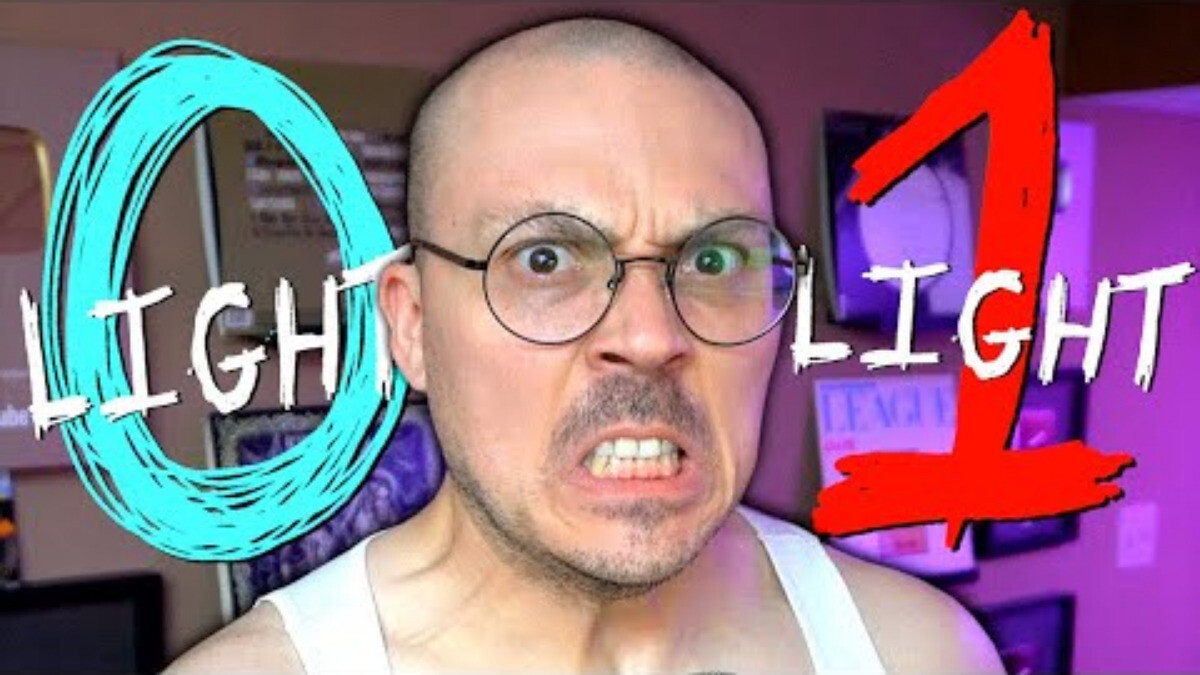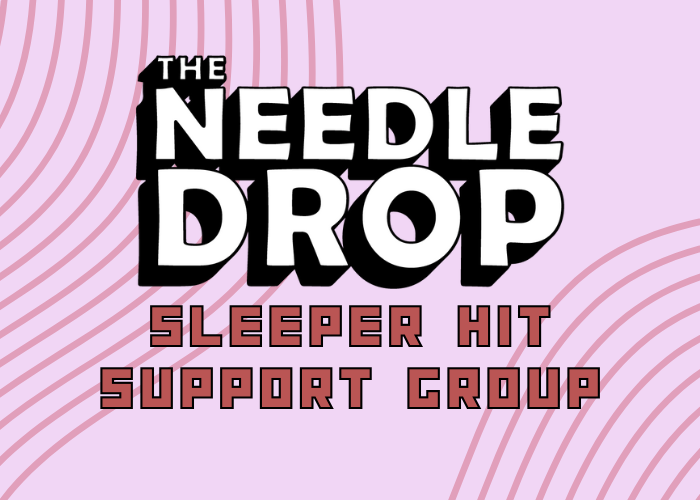Hey, everyone. Disthony Coursetano here, the Internet's busiest music nerd. I hope you're doing well.
I don't know if you guys have seen it. I certainly have received a bunch of emails and people reaching out to me asking my thoughts on the current state of music criticism today, because, again, it is seemingly a topic that a lot of writers are interested in right now. I was even interviewed for a piece that just landed in The New Yorker titled Everything Nice: How Music Criticism Lost its Edge.
"Music Critics used to be mean, and then they got nice. Pitchfork, they famously once gave a 0.0 to an Australian band called Jet. Instead of writing a review, they had a little video of a chimpanzee peeing into its own mouth." - Kelefa Sanneh
The writer is Kelefa Sanneh, who made a lot of great observations in the piece and has also written a book, Major Labels: A History of Popular Music in Seven Genres. I liked the piece so much. I wanted to have him on to essentially discuss some of the deeper he wrote about. I hope you guys enjoy the conversation and get a lot out of it.
You can watch the full conversation here, or read a summary below.
TLDR: Social media has collapsed the distance between critics, artists, and fans, pushing professional reviews toward caution while anonymous hot-takes have filled the vacuum. The old monoculture is gone, or at least it's mutated, so authority now comes from voice, context, and curation more than from mastheads. Consensus forms faster (sometimes via memes), freelancers skew coverage toward what they already like, and “mean” reviews still have an audience as well.
The internet put everyone in the same room. A panned record once printed in a weekly could drift past an artist, but today it's shoved in their face them in real time, while replies dogpile on. That seems to have a chilling effect where both critics and artists have to watch their words. The result, especially in the 2010s, was a “nice” consensus — partly a philosophical turn (the antidote to rockism was poptimism), partly a survival strategy.
Yet it seems like the story isn’t just fear. Editors increasingly assign albums to writers who already like the artist or genre, because freelancers are hired for passion and specialty. That structural shift predisposes coverage toward affirmation instead of harsh critique. Meanwhile, criticism’s purpose clearly changed when music got cheap and criticism (often behind paywalls) didn’t: reviewers now earn attention by pointing readers to what’s worth time, rather than warning them away from $15 CDs.
While publication bylines were softening, social media timelines hardened. Viral accounts and commenters, free from reputational costs, serve up “nuclear-grade” takes, often low-context. Social platforms manufacture consensus at midnight on release day; a few memes can outweigh a dozen carefully argued reviews easy these days. Think The Big Day: the “I love my wife” meme shaped public reception more than any essay. Aggregators like Metacritic still map consensus, but social media often moves the culture faster.
This isn’t new. Legacy magazines long balanced criticism with access journalism, events, and advertisers, which are all pressures that nudge coverage toward friendliness. Today though, the capture seems broader since brands, platforms, and audiences all apply torque. Even massive fanbases imagine themselves as countercultures; pleasing your “cult” can matter more than persuading the middle. That logic applies to critics, too: your community funds you, so your incentives skew toward their taste.
The underground/mainstream border has been blurred. A Miley or Charli can sound riskier than a derivative “indie revivalist.” What counts as boundary-pushing is contextual and cyclical. Critics add value when they map those shifting frames while connecting records across genre scenes and histories rather than grading them in a vacuum.
Total consensus, whether pro or con, should raise eyebrows. It’s fun to read (or write) a skillful pan, but the field needs credible contrarians as much as celebrants. Historically, the best criticism lived in a healthy tension with popularity. Not reflexively anti-mainstream, not a mirror of the charts, but willing to say “you might be missing this” or “this isn’t it,” and to explain why with context instead of contempt.




What do you think?
Show comments / Leave a comment